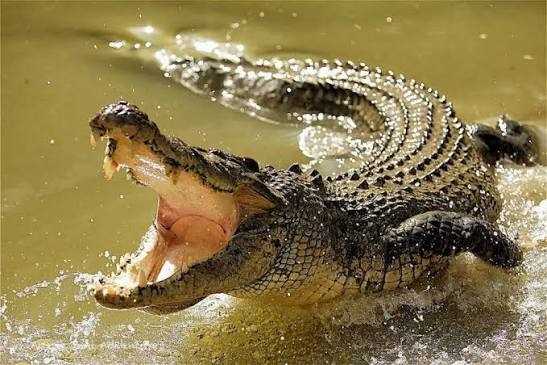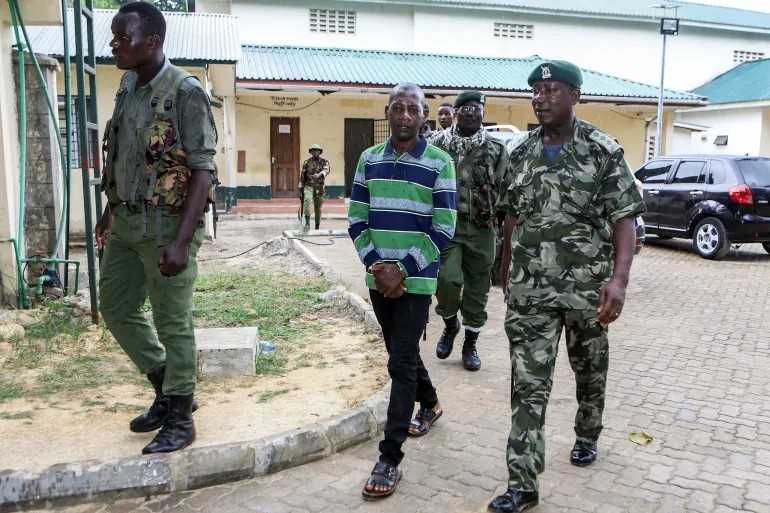
Zim Now Writer
President Emmerson Mnangagwa is today expected to join other Heads of State and Government at the closing ceremony of the disarmament, demobilisation and reintegration phase for Renamo, a former insurgency and military group formed in the 1970s to overthrow the Frelimo-led government.
The reintegration is expected to end decades of civil war in Mozambique, whose impact threatened the security and stability of the Sadc region, including Zimbabwe.
Zimbabwe bore the brunt of the hostilities, particularly in areas such as Chimanimani and Chipinge.
The development dovetails with the Sadc region’s desire for sustainable peace and the African Union’s objective of “silencing the guns in Africa” by 2030 to allow socio-economic development to take root.
Renamo was formed around 1976 by white Rhodesians who were seeking a way to keep newly independent Mozambique from supporting the black guerrillas in Zimbabwe and South Africa, who were trying to remove white supremacists in their countries.
Related Stories
Under the Frelimo government, Mozambique housed Zanu’s military wing, Zanla, which was fighting for Zimbabwe’s independence alongside Zapu, whose military wing, Zipra, was based mainly in Zambia.
Renamo was led by its founding leader, Andre Matsangaissa, hence the group earned the nickname “Matsangaissa”, as it caused hostilities through banditry activities in Mozambique and neighbouring countries such as Zimbabwe, where it destroyed a lot of infrastructure.
To mark the end of the war, Renamo leader, Ossufo Momade, handed over an AK47 rifle to Mozambique President Filipe Nyusi, last week.
Matsangaissa died in 1979 and was succeeded by Afonso Dhlakama, who led the group until his death in 2018.
A week ago, Renamo closed its last base in Gorongosa district, Sofala province, in the presence of President Nyusi and United Nations Secretary General’s special envoy for Mozambique, Ambassador Mirko Manzoni.
In the 1980s and ‘90s, Zimbabwe, together with other countries, deployed military personnel in Mozambique and along its borders to contribute in containing the hostilities caused by Renamo.


















Leave Comments